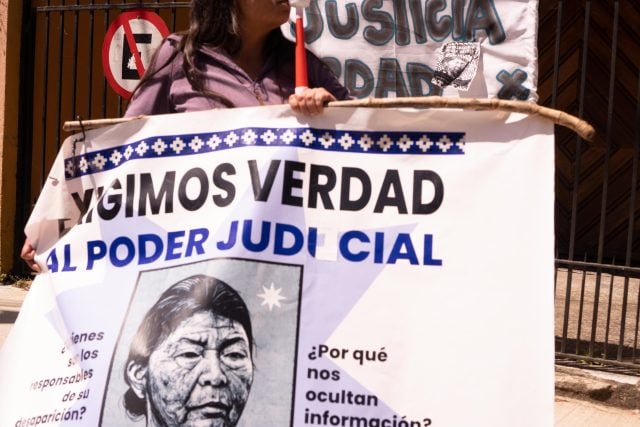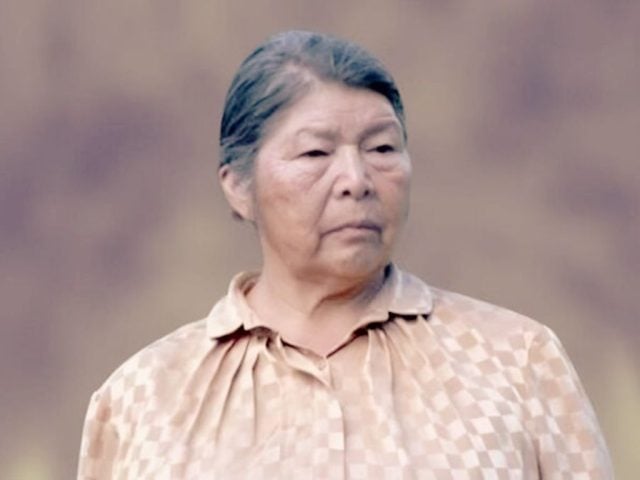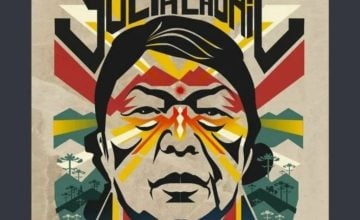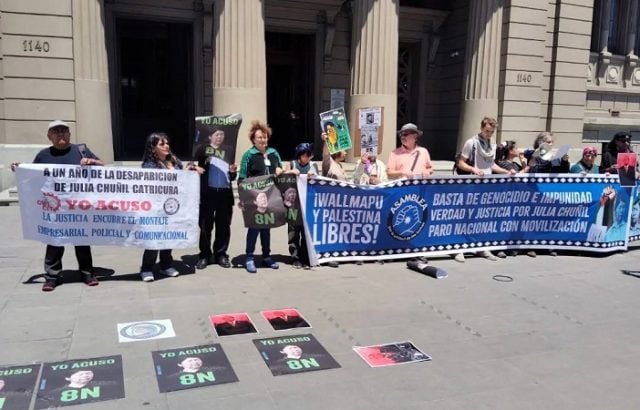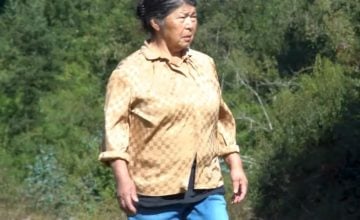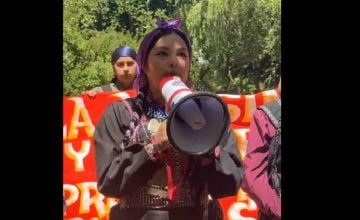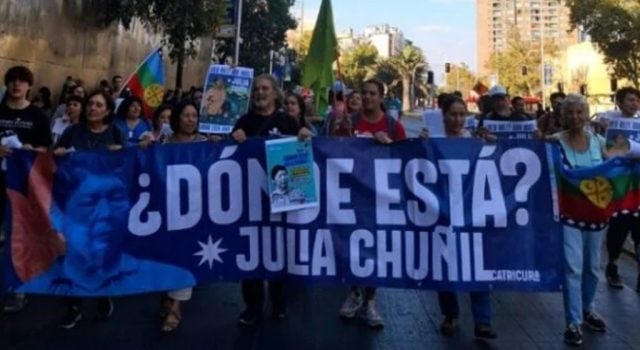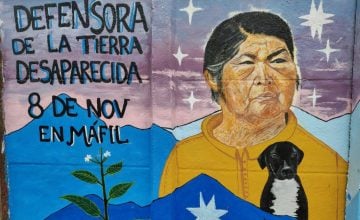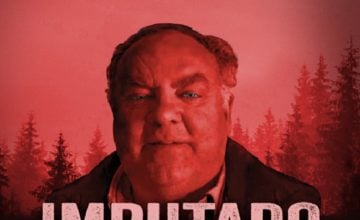Original article: «Entreguen el caso a otra fiscalía»: Convocan a marcha y acto cultural en Valdivia a un año de la desaparición de Julia Chuñil
March and Cultural Event Planned in Valdivia One Year After Julia Chuñil’s Disappearance
On Saturday, November 8, 2025, it will mark one year since the disappearance of Julia Chuñil, a defender of land, forests, and itrofil mogen (all life without exception).
In response, the Mapuche communities of Juan Carrillo Guala and Kalfvgen have organized a peaceful cultural gathering on Saturday, November 8, at 1 PM in Plaza de la República, Valdivia, «under ancestral protocol to express, through shared words, food, instruments, songs, and sounds, the need to uncover the truth behind Julia Chuñil’s case, which has been marred by systematic manipulation and discrimination in the investigation process by the Los Ríos regional prosecutor’s office,» stated the organizers.
Recall that following the disclosure on September 30 of details from the Los Ríos prosecutor’s office investigation, where businessman Juan Carlos Morstadt Anwandter stated that Julia Chuñil was burned, the self-organized communities initiated a daily gathering outside the Public Prosecutor’s office in Valdivia. This action has continued for over a month and will persist until information and updates regarding the investigation are provided.
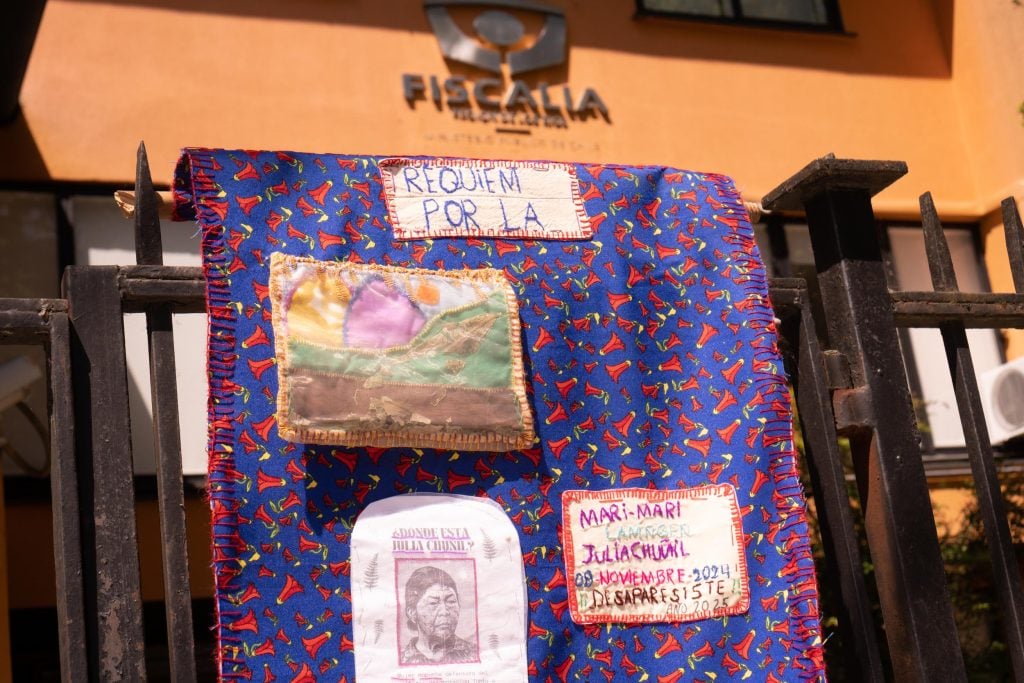
Regarding the purpose of this daily manifestation and the call for this Saturday, Miguel Fonseca Carrillo Guala, werkén of Juan Carrillo Guala and spokesperson for the coordinating communities, stated, «We want to express our frustration and press the Public Prosecutor’s office for their lack of transparency and proactivity. The most logical action is for them to speak up and hand over the case to another prosecutor’s office.»
“This sustained and peaceful manifestation combines elements of social protest with Mapuche language and protocols, using both Western and Mapuche instruments such as the kultrún, cascahuillas, and pifilcas, along with songs that represent our identity. And as in every spiritual celebration we hold, we also share food at the end of each gathering. This aspect has been very significant and serves as a way to take ownership of the city’s space through community practices,» the werkén added.
The Chilean State, meanwhile, «continues to fail to take action to fulfill the international treaties it is bound to, such as Convention 169 and the Escazú Agreement, which demand protection and justice for territory defenders,» stated the Communicators for Julia Chuñil in Valdivia.
«One truth this case has highlighted is the ignorance and disrespect from the State and the prosecutor’s office towards the Mapuche worldview, such as when prosecutor Tatiana Esquivel, in charge of the investigation, stated to daily La Segunda on October 13 that Julia Chuñil was not an environmental defender. The same assertion was made by Canal 13 in a report on October 12,» they added.
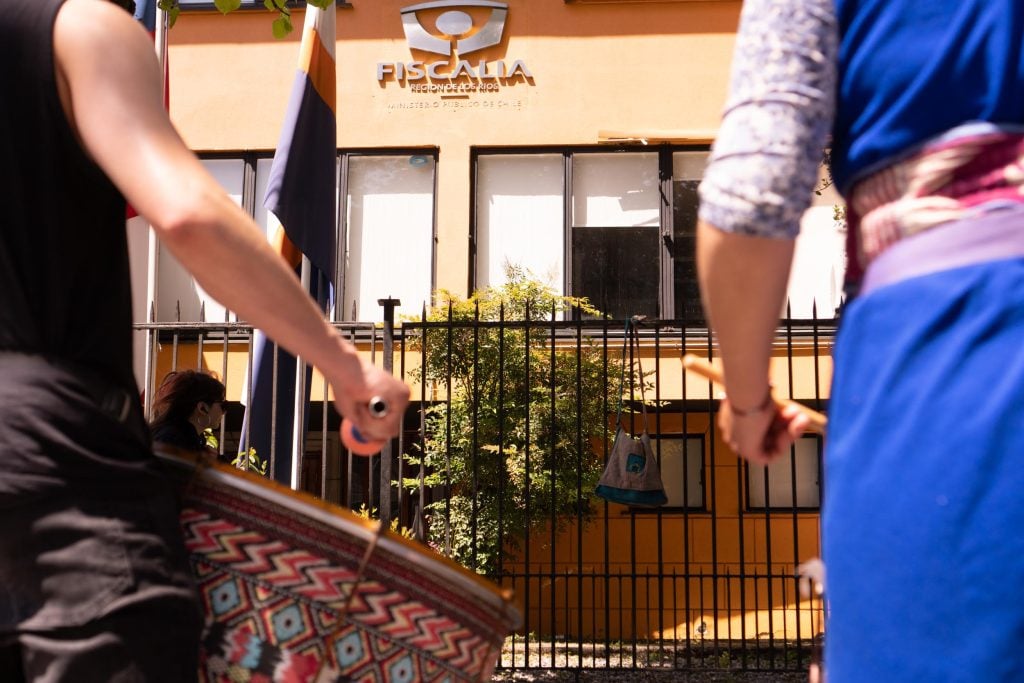
«The concept of territory holds significant meaning for the Mapuche, as its defense relates to protecting those who defend it, especially the papay (grandmothers/elders). Unlike the Western perspective that undervalues aging, the Mapuche culture esteems the wisdom that comes with age: they are the ones who pass on teachings to new generations. This makes Julia’s role as a papay particularly grave. When a spiritual guide such as a machi or a papay is harmed, a wealth of wisdom and years of struggle are violated. We are part of this territory, we value the papay, and we are acting in alignment with our worldview,» explains Miguel Fonseca.
Today, communities see a genuine lack of investigative will on the part of the prosecutor’s office. Historically, evidence has shown how the Public Prosecutor’s office criminalizes the Mapuche people in cases where they are involved or affected, as occurred with Alex Lemún, the vegetable vendors in Temuco, the Huracán case, or the persecution of machi Francisca Linconao.
“Distrust of the prosecutor’s office is warranted,” says the werkén of Juan Carrillo Guala. “There is a history of negligence in the Los Ríos and Araucanía prosecutor’s office concerning how previous cases have been handled, and it is unacceptable that a year has passed and the case has yet to be classified as a crime,” he stated.
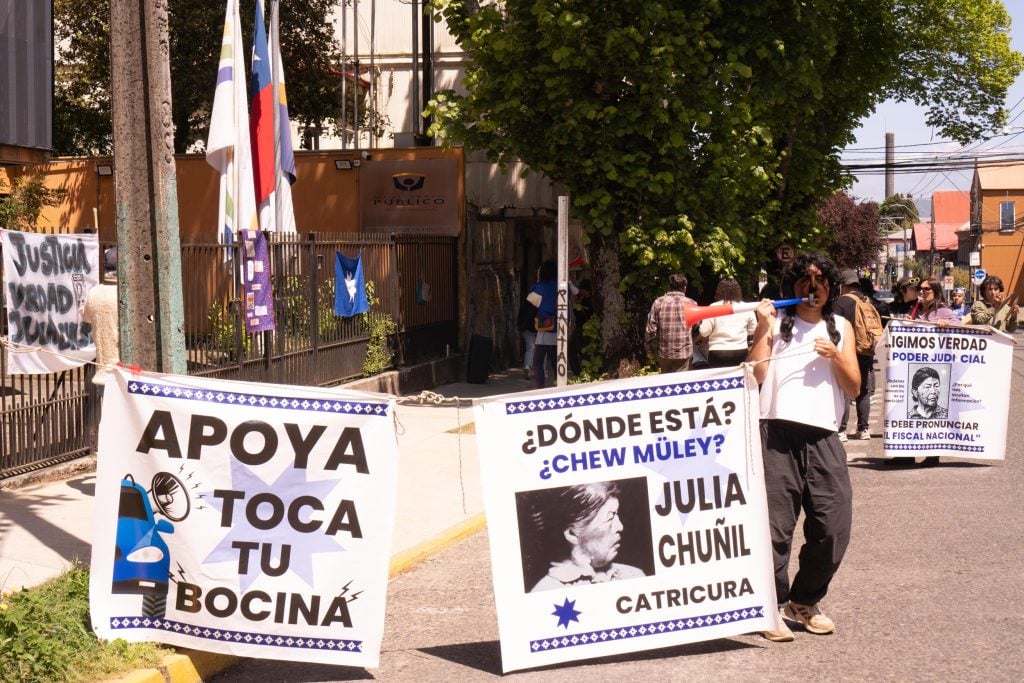
From the coordinator of Valdivia for Julia Chuñil, Lissette Sánchez, werkén and granddaughter of the Mapuche leader, has called on all territories in Chile to demonstrate, emphasizing that it should be the Mapuche people themselves who lead the gatherings.
“We ask that those who call for and lead the marches be our pu lamngen Mapuche, using our traditions and ayekawe (music), to lend greater newen to this struggle, because this is a Mapuche fight, born from the pain and resilience of our people. We also invite everyone—both Mapuche and non-Mapuche—who feel the injustice and the need to accompany to do so with respect and empathy. We do not want political party flags or political groups present. This cause does not belong to any organization but to the family, the Mapuche people, and those who fight against the pain of injustice. We deeply appreciate the steadfast and sincere support we have received, and we ask that we set aside our differences to unite as one voice: ¿Chew müley Julia Chuñil Catricura? ¿Where is Julia Chuñil Catricura? As a family, we will remain united and strong against criminalization and threats, for the truth always comes to light,” stated Lissette Sánchez.
Call to Action
For Saturday, November 8, the coordinator has summoned the citizens of Valdivia to gather at 6 PM in Plaza Simón Bolívar.
In other cities in Chile such as Concepción, Castro, Santiago, and even Buenos Aires, Argentina, communities and social organizations are doing the same.
“It is important for people to mobilize because this is the fight for the very territory we live in,” says Natalí Antillanka from the Valdivia coordinator for Julia Chuñil.
“Julia represents the defense of itrofil mogen, which is the diversity of life in wetlands, native forests, and the balance that maintains our existence in a territory recognized for its diversity and Mapuche ancestry. Mobilizing for her is defending the spirit of the territory, its memory, and the future it represents. We live in a territory threatened by logging companies and foreign enterprises that have destroyed much of our living spaces. Thus, being a defender of the territory is not a political or institutional role but a way of relating to the territory, which means caring for the küme mogen, the good living, protecting the spaces that give us life, and respecting the ngen, the spiritual forces that inhabit the rivers, forests, and hills,” concluded Natalí Antillanka.
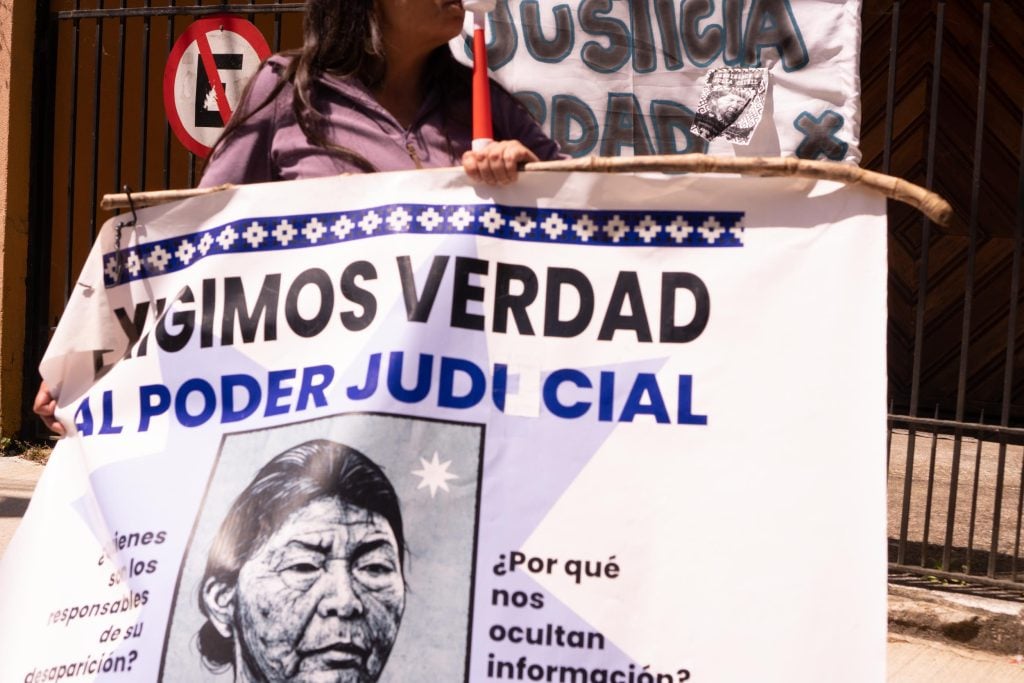
El Ciudadano
